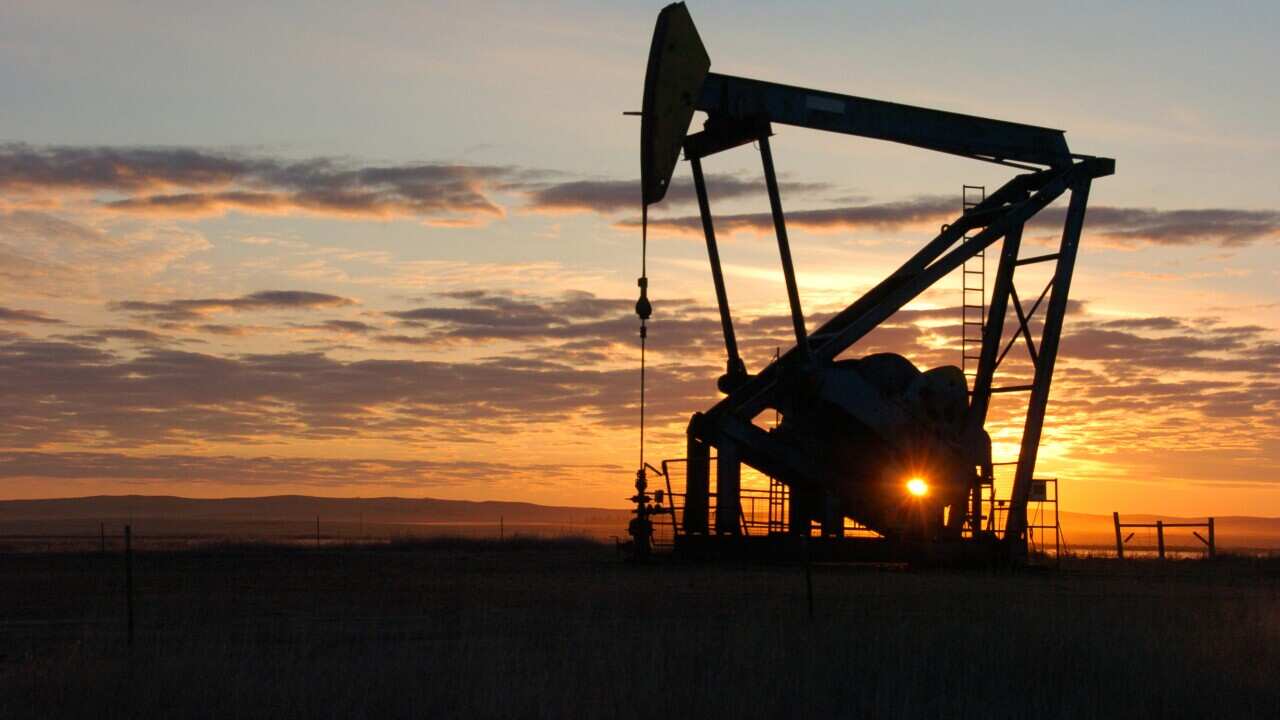Energy security is a vital issue for many countries, and the long-term stability of oil markets is seen as crucial to ensure the reforms necessary to meet the G20's aim of lifting its combined economic growth by two percent over the next five years.
The Australian newspaper said that central to ensuring open markets was the creation of a new global institution, giving a greater voice to rising economies and addressing energy security fears.
It said this weekend's Brisbane summit would not establish the institution, but was aiming to agree the principles that it would adopt.
If approved, it would lay down principles of governance for all participants in energy markets and sit above both the OPEC cartel and the International Energy Agency (IEA).
The emergence of energy as a central G20 platform comes with oil prices diving well below the $80-per-barrel mark, with global prices collapsing by some 30 percent since June.
The IEA this week forecast that prices would keep sliding well into 2015, held down by weak demand and increased shale production, amid "deep structural changes" transforming the industry.
China, after voraciously consuming energy for years, is now possibly entering a less oil-intensive stage of growth, while technological innovations have unlocked shale resources in North America.
In a report to the G20 industrial powers ahead of Brisbane, the International Monetary Fund said the "recent appreciable fall in oil prices, if sustained, will boost growth".
But the lower prices are hurting some crude exporters, including Venezuela, Iran and G20 member Russia. The latter two are also struggling with the impact of Western sanctions.
The front-page splash in The Australian said although last-minute wrangling over the wording on energy in the G20 communique was still taking place, it was understood that OPEC leader Saudi Arabia and Russian President Vladimir Putin supported the agreement.
Putin, who is under intense pressure at the G20 over the Ukraine crisis, has previously used gas exports as a weapon to pressure neighbours.
More than half of the Russian gas shipped to Europe, where it accounts for 15 percent of the total, passes through Ukraine.
The Australian said the G20 agreement was expected to include commitments on security of energy supply, which would preclude embargoes of any sort, and transparency of pricing.
Limits on the use of energy subsidies and commitments to energy efficiency were also likely to form part of the agreement, it said.

